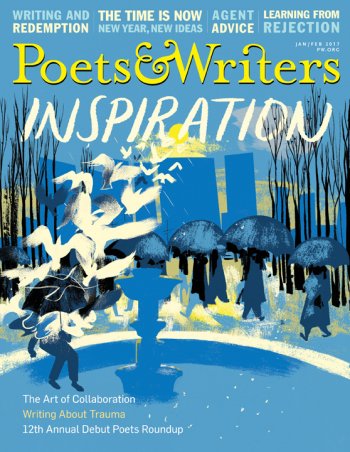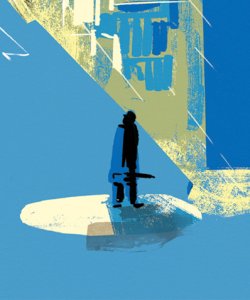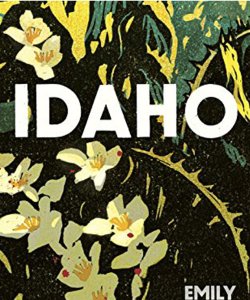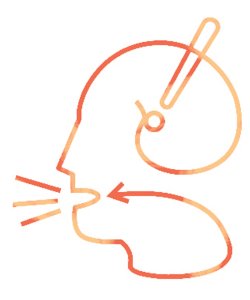
Our annual Inspiration Issue features essays on writing about trauma as a subversive act, finding inspiration in rejection, the art of collaboration, the importance of publishing black writers, and our twelfth annual look at the year’s best debut poets; plus writing prompts for the new year, advice from agent Anna Ghosh, an interview with Librarian of Congress Carla Hayden, information about more than a hundred contests with upcoming deadlines, and more.




















